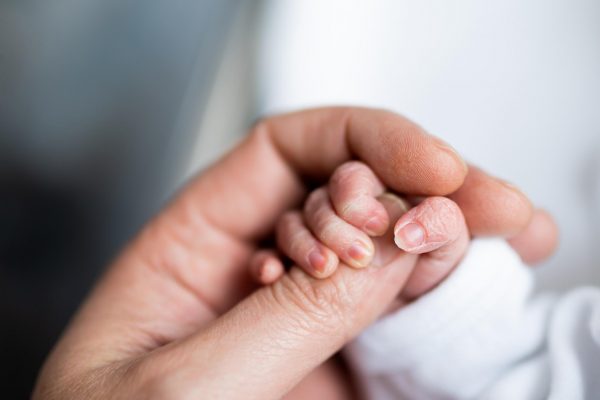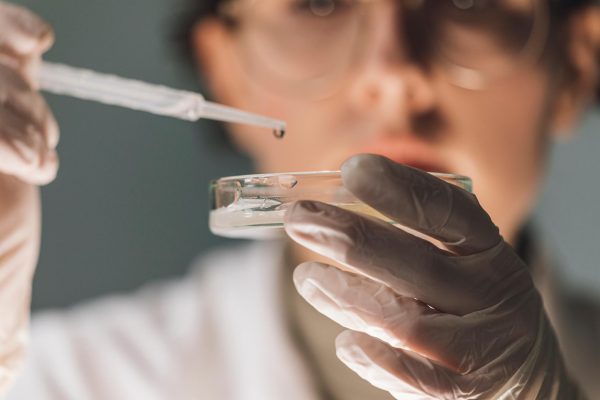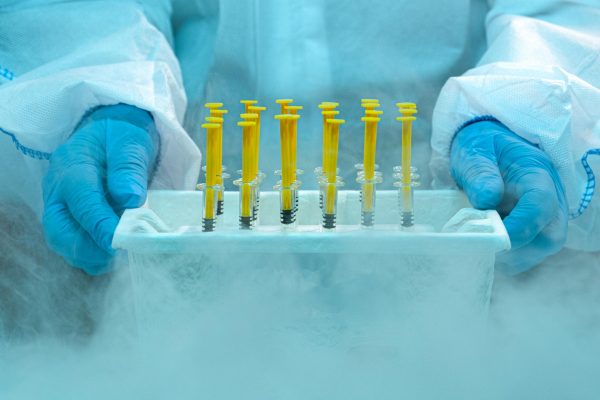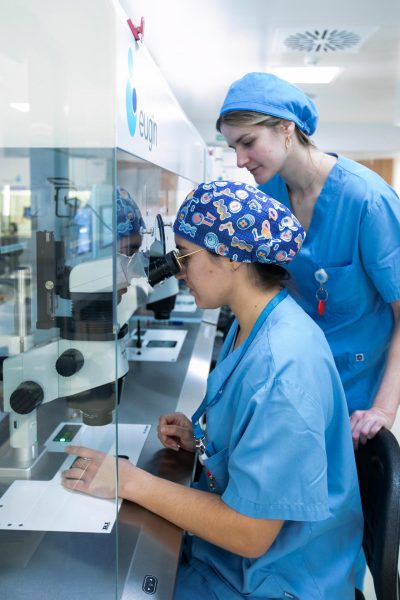Reproductive Immunology
At Eugin, we have a specialized medical unit in reproductive immunology, a key discipline for understanding and addressing situations in which the immune system may interfere with fertility or the proper development of pregnancy.
This unit is especially aimed at patients who have undergone unsuccessful treatments; who have experienced recurrent miscarriages; who have faced complications in previous pregnancies such as intrauterine growth restriction or preeclampsia; or who suffer from autoimmune diseases or inflammatory conditions that can hinder implantation and interfere with embryo development.

What is reproductive immunology?

Reproductive immunology studies how the immune system—the body’s natural defenses—can influence the processes of fertilization, embryo implantation, and pregnancy development.
Under normal circumstances, the immune system adapts to allow the gestation of an embryo that is genetically different from the mother. However, certain immune imbalances can trigger inappropriate responses that hinder or even prevent this process.
At Eugin, we carry out a thorough analysis of immunological factors to identify possible alterations that may be interfering with conception or compromising the continuation of pregnancy.
Indications for immunological testing
We recommend an immunological study in the following situations:
- Three or more implantation failures in in vitro fertilization (IVF) treatments.
- Two or more early pregnancy losses, with no apparent gynecological cause.
- A late miscarriage or intrauterine fetal death.
- Previous pregnancies complicated by intrauterine growth restriction, preeclampsia, or eclampsia.
- Presence or suspicion of autoimmune diseases (lupus, thyroiditis, celiac disease, etc.).
- Diagnosis of thrombophilia or history of coagulation disorders.
- Cases of unexplained infertility after several failed cycles.
- Immunological factors present in the family medical history.


What tests do we perform at Eugin?
- Autoantibody testing:
- Anti-thyroid antibodies
- Classic and atypical antiphospholipid antibodies
- Antibodies associated with celiac disease
- Study of lymphocyte subpopulations, NK (natural killer) cells
- Determination of cytokine production profile in T helper lymphocytes (Th1/Th2 balance)
- Study of regulatory T lymphocytes
- KIR genotype testing and maternal-fetal alloimmunity (HLA-C compatibility)
- Evaluation of endometrial immune markers
- Uterine microenvironment testing through specific biopsies
Each result is interpreted within the patient’s clinical and reproductive context, ensuring well-founded and effective medical decisions.

Complementary immunological treatments
- Acetylsalicylic acid (low-dose aspirin)
- Low molecular weight heparin to prevent microthrombosis
- Immunomodulatory therapies (corticosteroids, hydroxychloroquine, tacrolimus, among others)
- Application of endometrial growth factors
- Embryo transfers scheduled in cycles with lower immune activity
An expert, multidisciplinary team
At Eugin, the Reproductive Immunology Unit is part of a multidisciplinary team that includes gynecologists, clinical immunologists, embryologists, and geneticists, all focused on improving the chances of a successful pregnancy in patients with complex reproductive histories.
Our goal is to provide answers, reduce uncertainty, and design an individualized therapeutic strategy based on scientific evidence.

Medical team of the Reproductive Immunology Unit at Eugin



- Degree in Medicine and Surgery from the Central University of Venezuela
- Specialist in Clinical Immunology and Obstetrics-Gynecology
- Over 20 years of experience in reproductive health and immunology
- Author of numerous scientific publications in international journals
Book your appointment with our Immunology Unit
If you have undergone several unsuccessful treatments, suffered pregnancy losses, or simply seek a more complete evaluation, at Eugin we offer you an innovative and personalized approach.

